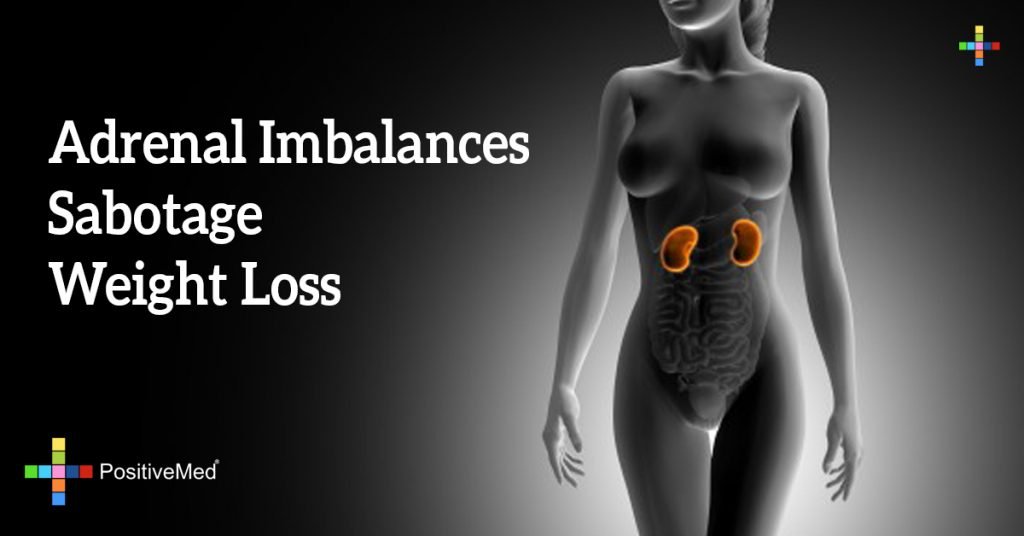
There is a strong connection between the function of the adrenal glands and the thyroid. A malfunctioning adrenal system can sabotage weight loss efforts. On one end, being in a situation of adrenal imbalances means that you produce too much cortisol, which can contribute to weight gain, and a constant release of adrenaline can cause resistance to it, making metabolism less efficient. On the other end, a low-functioning adrenal gland, also called adrenal insufficiency, can slow down overall metabolism and can worsen thyroid problems.
Adrenal fatigue often develops after periods of intense or lengthy physical or emotional stress, when overstimulation of the gland finally leaves them this condition include non-Addison’s hypoadrenia, subclinical hypoadrenia, hypoadrenalism, and neurasthenia. The symptoms may include:
- Excessive fatigue and exhaustion
- Non-refreshing sleep or sleep disturbance
- Feeling overwhelmed by or unable to cope with stressors
- Feeling run-down
- Craving salty and sweet foods
- Feeling most energetic in the evening
- Experiencing low stamina, slow to recover from exercise
- Being slow to recover from injury, illness or stress
- Having difficulty concentrating, brain fog
- Poor digestion
- Low immune function
- Food or environmental allergies
- Premenstrual syndrome or difficulties that develop during menopause
- Consistent low blood pressure
- Extreme sensitivity to cold
The adrenals produce hormones that help to balance blood sugar, which helps your body to manage daily ebbs and flows of energy. When blood sugar drops, the adrenals release hormones that cause the blood sugar to rise, increasing energy. In case you suffer from adrenal fatigue, please consult your doctor for further instructions.





